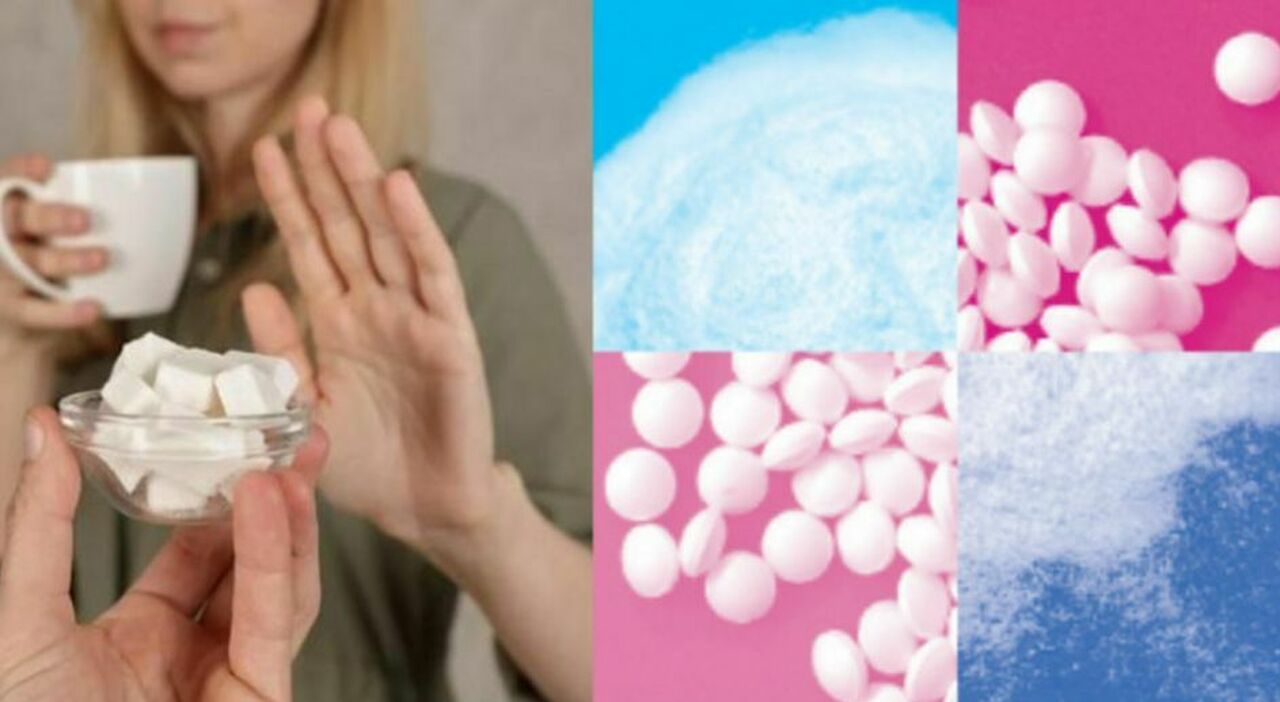Used by millions of people around the world as sweetener and present in over 6,000 products, from soft drinks to yoghurts to cough syrups, aspartame is in the spotlight: the WHO agency specializing in cancer research, the IARC, could in fact soon classify it as a “possible carcinogen for the ‘man”. The news, anticipated by the Reuters agency on its website, should be made official on July 14 with an assessment that will be published in the Lancet Oncology magazine. To date, the maximum dose for consumption is set at 40 mg per day per kilo of body weight.
FURTHER INFORMATION
Tedros Adhanom Ghebreyesus, direttore generale della World Health Organization (WHO)
Sweeteners, yes or no? WHO: “No benefit”. The Isa: « Safe substances » The word to the experts
Aspartame, the WHO classification system
But after 40 years of use, this new assessment by the IARC is expected which, together with the FAO, will have to reassess the safe dose for the substance.
The classification system of the WHO agency has four categories: group 1 is intended for substances for which there is sufficient evidence of carcinogenicity; substances included in groups 2A (probable carcinogen) and 2B (possibly carcinogenic) are considered potentially capable of promoting the development of tumors, but with different levels of strength of the available scientific evidence. Aspartame would be included in the category of possible carcinogens, in which there are currently 322 substances. Already last month, the WHO had ruled on this and other sweeteners, advising against their use for weight control or to reduce the risk of disease. Their use, according to the WHO, “does not bring any long-term benefit in reducing body fat in adults or children”, while it could lead to “potential undesirable effects”, “such as an increased risk of diabetes, cardiovascular disease and mortality in adults”. A wake-up call from the WHO, awaiting a definitive ruling, which has aroused the prompt reaction of companies in the sector, while oncologists and nutritionists still call for caution. For its part, the International Sweeteners Association states that it “has serious concerns about the preliminary speculations” on the IARC’s opinion “which could mislead consumers on the safety of aspartame”, underlining that it is one of the “most studied throughout history, with more than 90 agencies around the world declaring their safety».
Sweetener instead of sugar for the diet? Here’s why it doesn’t work (and why it’s risky) according to WHO
Aspartame, the crux of quantities
Instead, Giorgio Calabrese, nutritionist and president of the National Food Safety Committee of the Ministry of Health, urges prudence: «My advice is to make the precautionary principle prevail over substances such asaspartame it is better, in general, to avoid abundant and prolonged consumption». However, he points out, “even if the WHO and the FAO make a decision on the matter, in my opinion it cannot in any case be a certain and definitive position and this is because the problem is not only the definition of the daily amount of aspartame that can be ingested without dangers, but also to understand if this substance taken in the indicated quantities is safe in the long term, i.e. if consumed continuously for a long time. As a nutritionist I have always advocated the best quality of natural products and I tell young people not to be deluded by the so-called zero drinks. However, they are caloric and stimulate gastritis. Water or natural fruit juices are better». In any case, it remains «Fundamental», according to the president of the Italian Association of Medical Oncology (Aiom), Saverio Cinieri, to understand and define «the exact dosage for taking aspartame, or the quantity that does not induce risks». In fact, he underlines, “some molecules are dangerous only if used in very high quantities, very unlikely to be taken by an individual”. “As a general advice – he concludes – it would in any case be good to reduce the consumption of industrial products or sweeteners, but at the same time the consumption of sugar itself should also be reduced which, in excessive quantities, has potential toxicity for the body”.
